Which is correct
Find correct options for writing and using some words and expressions
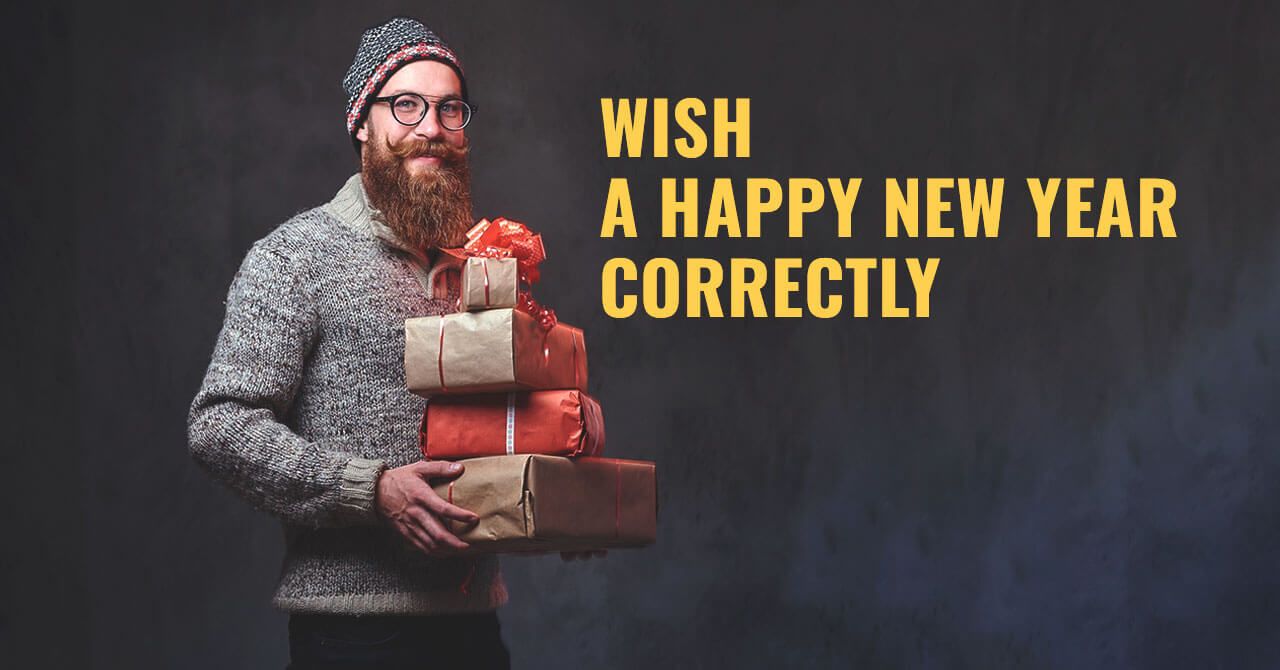
Is It Happy New Year, Happy New Year’s, or Happy New Years?
With the new year just around the corner, you start thinking about all the people you want to send greeting cards and emails to wish them well. But what phrase is the right one to use? Is it “Happy New Year”, “Happy New Year’s”, or “Happy New Years”?
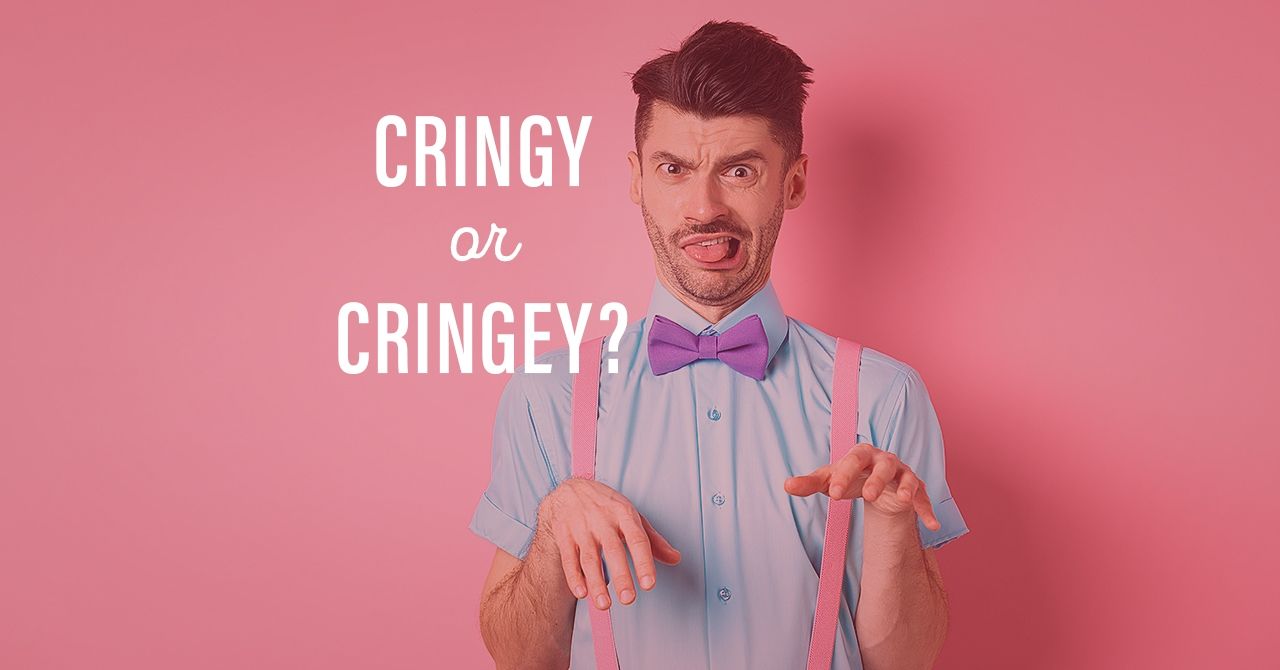
Cringey Or Cringy: Which Is Right?
Which spelling is correct? Let’s find out together.
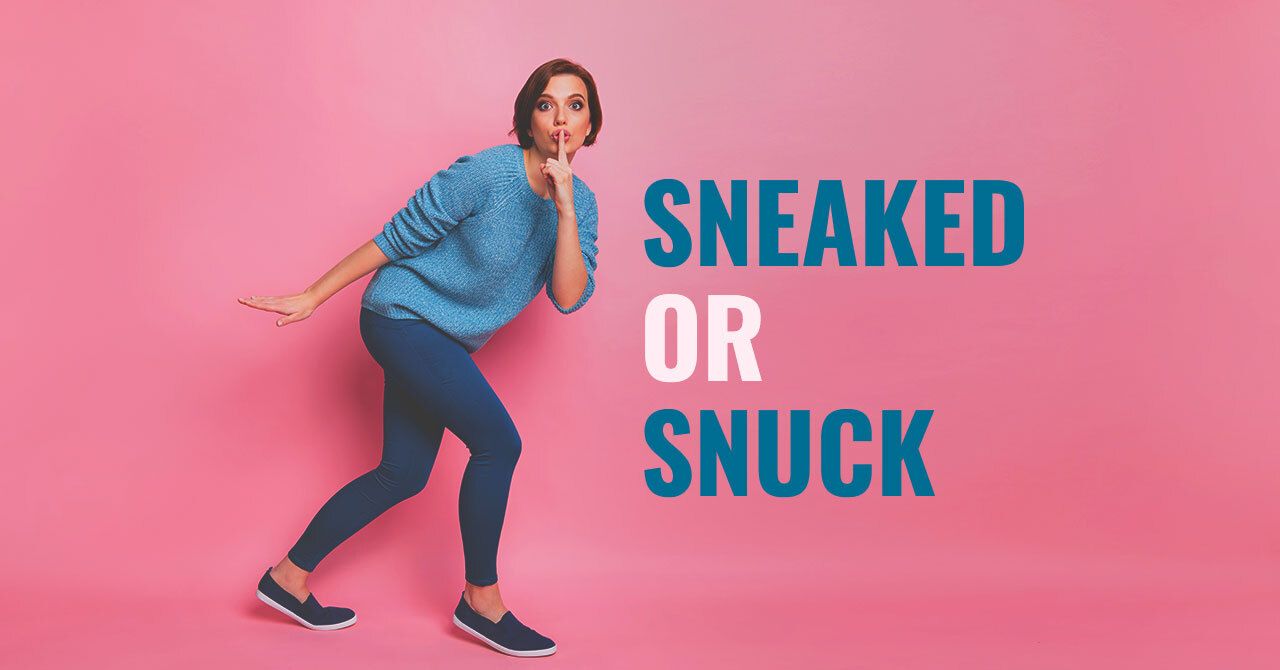
“Sneaked” And “Snuck”—The Difference Lies in Conjugation
Before we move forward to the alternate past tense forms, let’s get this straight. It is “sneak,” not “sneek.”
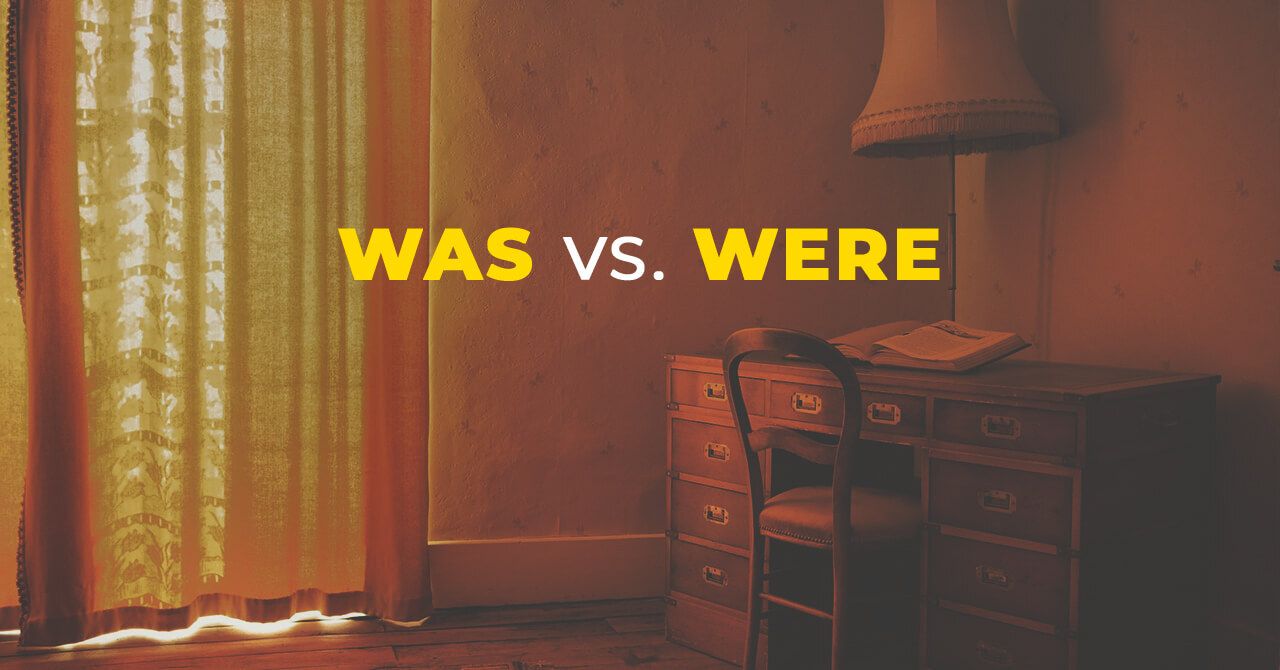
How to Use “Were” vs. “Was” Correctly?
The primary difference is that “was” is used in the first person and third person singular, which includes “I,” “he,” “she,” or “it.”
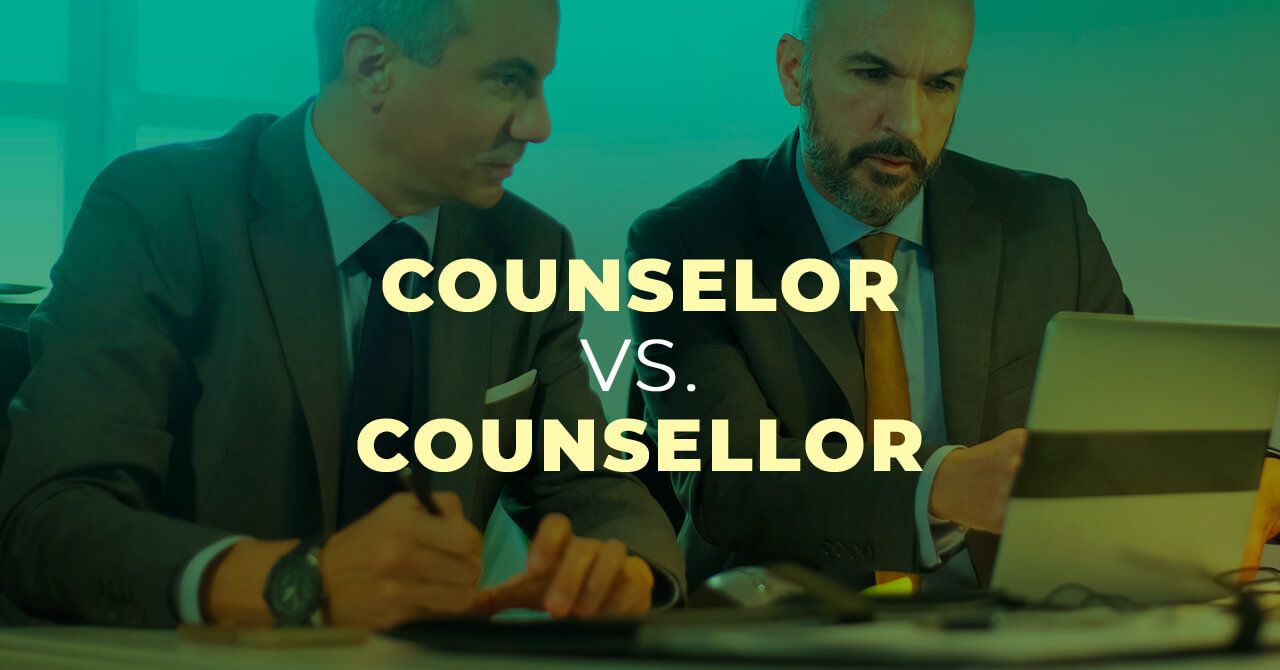
Is It Spelled Counselor or Counsellor, and What’s the Difference?
Most other countries where English is the official language, for example, most of the countries in the Commonwealth, use the spelling with two Ls.
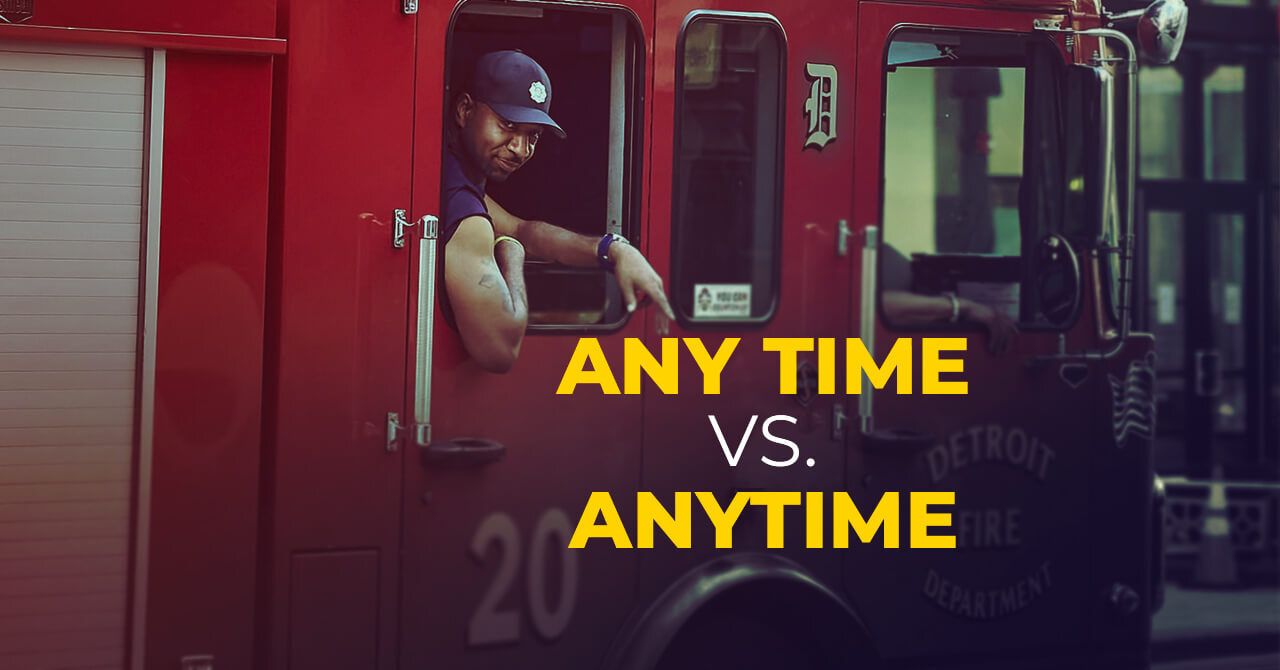
Any Time vs. Anytime: When to Use Each Word
If you want to avoid making a grammatical mistake when writing anytime or any time, it’s good to know the differences between the two terms and their usage so you can be sure that you’re always using the right word.
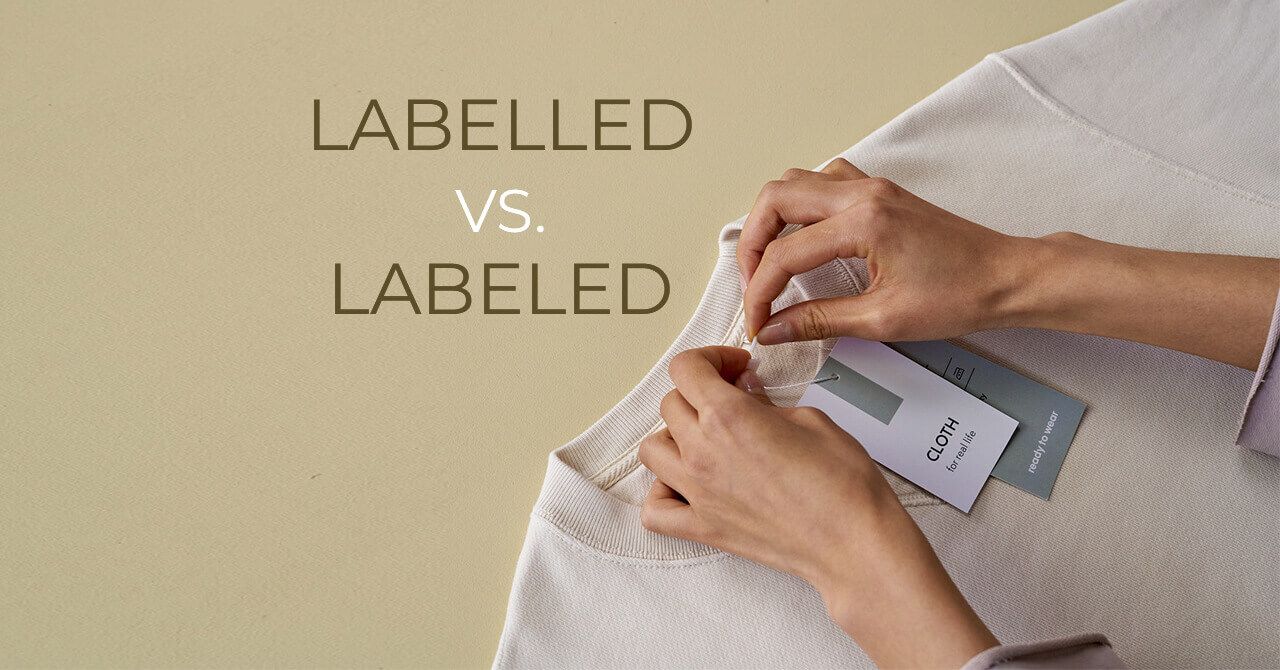
Spelling Tips: “Labelled” or “Labeled”?
“Label” is pronounced with only one letter, “l,” in American English. The preferred forms in Canada, Britain, and other English dialects from outside of North America are “labelled” and “labelling,” with an extra “l.”
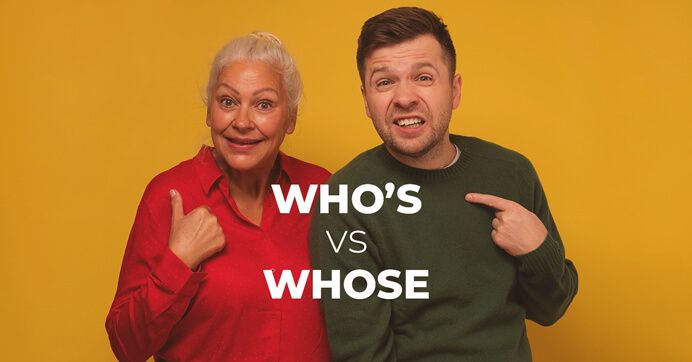
Who’s vs. Whose: How to Use Each Correctly
“Whose” is the relative pronoun to ask to whom something belongs, and “who’s” is a shortened form of “who is.”